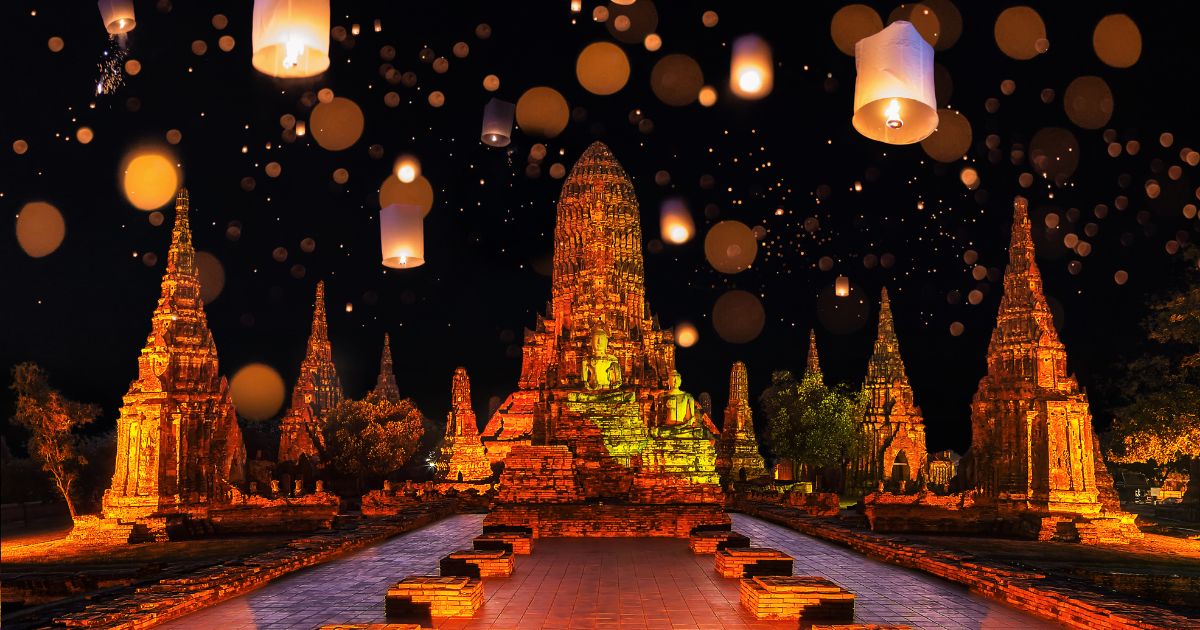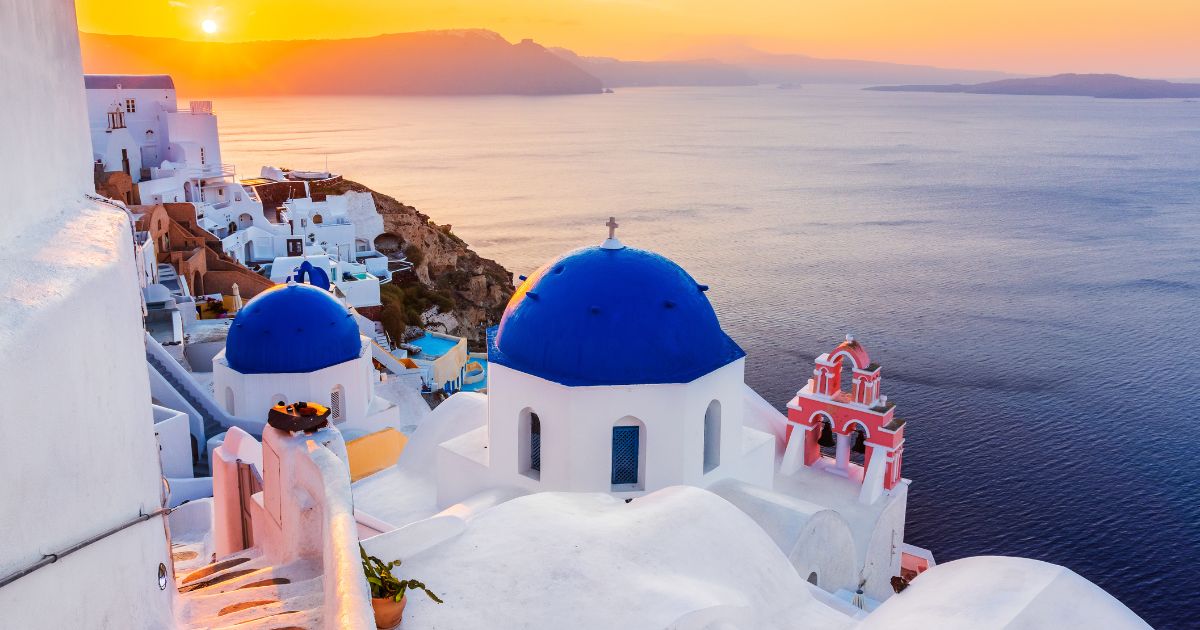Mardi Gras, also known as Fat Tuesday, is an annual celebration that takes place on the day before Ash Wednesday. It is celebrated around the world with parades, costumes, music, and food. In this blog post, we will explore the history and cultural significance of Mardi Gras, from its religious roots to its modern-day celebration as a global party.
Mardi Gras has its origins in Christianity and the pre-Lenten period. The celebration of Carnival, which takes place in the weeks leading up to Lent, was a way for Christians to indulge in excess and frivolity before the period of fasting and reflection. Carnival traditions, such as wearing masks and costumes and participating in parades, were a way for people to shed their everyday identities and indulge in behaviors that were normally prohibited. These traditions were brought to the New World by European colonizers and eventually evolved into the Mardi Gras celebrations that we know today.
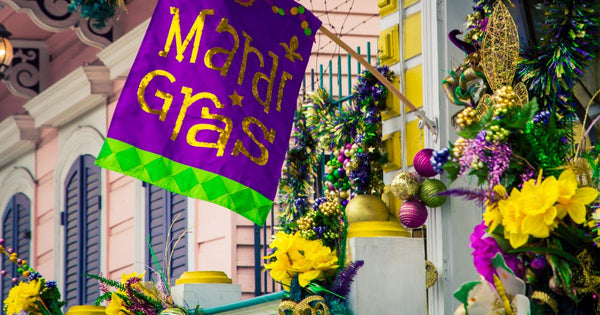
One of the most famous Mardi Gras celebrations takes place in New Orleans, Louisiana. The city's celebration is known for its elaborate parades, colorful floats, and the tradition of the Mardi Gras Indians. These groups of African American revelers don elaborate feathered and beaded costumes and parade through the streets. Masks and costumes are a key aspect of Mardi Gras in New Orleans, allowing revelers to engage in a spirit of anonymity and mischief.
We would like to take this opportunity to remind you that we have decks of different editions of challenges for you to do during your vacation. As such, this is one of the random challenges that may appear in the Original Edition of the Travel Challenges deck:

Over time, Mardi Gras has evolved from a strictly religious celebration to a secular party that is celebrated around the world. The carnival traditions that were once rooted in Christian tradition have been adapted to reflect the cultural and social norms of the places where they are celebrated. Today, Mardi Gras is known for its music, dance, and vibrant costumes.
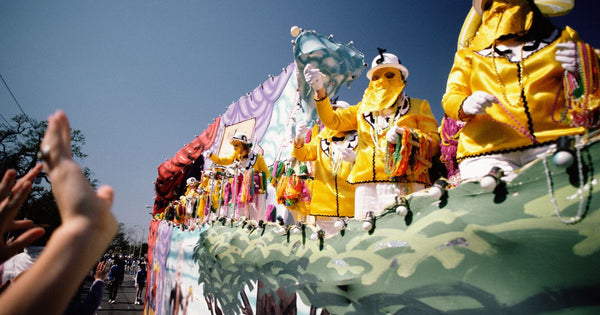
Mardi Gras has had a significant impact on popular culture, particularly in music. The celebration has inspired countless songs and musical genres, including jazz, blues, and zydeco. The colors of Mardi Gras, purple, gold, and green, have become iconic and are often associated with the celebration. Additionally, Mardi Gras has influenced fashion and costume design, with designers drawing inspiration from the elaborate masks and costumes worn during the celebration.
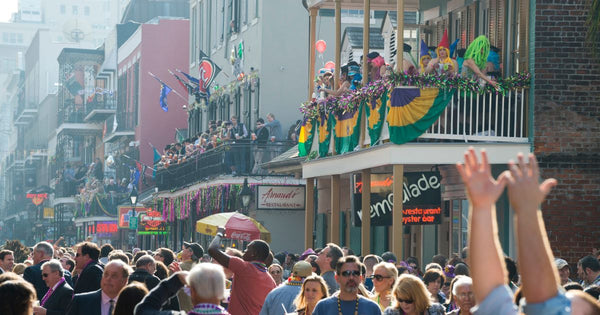
In conclusion, Mardi Gras is a celebration that has evolved over time from a strictly religious event to a global party that reflects the cultural and social norms of the places where it is celebrated. The traditions of Carnival, masks and costumes, and parades continue to be an important part of the celebration, as does the music and culture that has been inspired by Mardi Gras.
If you're planning a trip and want to make it even more unique, consider purchasing our deck of cards with 50 travel challenges. These challenges will take you off the beaten path and help you experience your destination like a local. Whether you're traveling to New Orleans for Mardi Gras or exploring a new corner of the world, these challenges will help you create unforgettable memories. Get your deck today and start your adventure!








